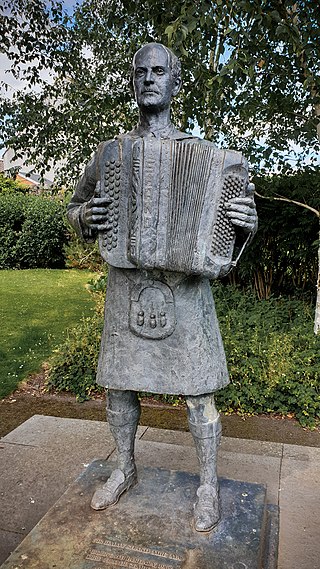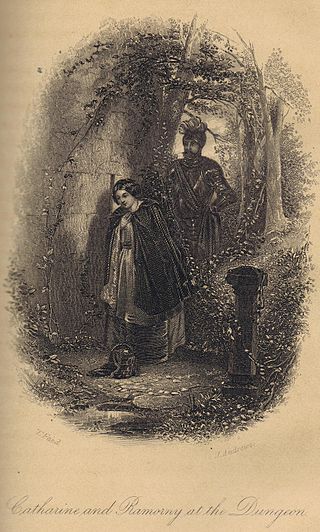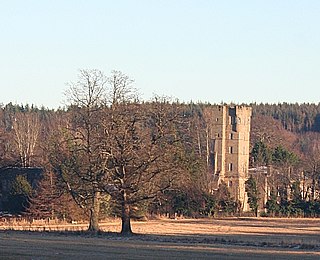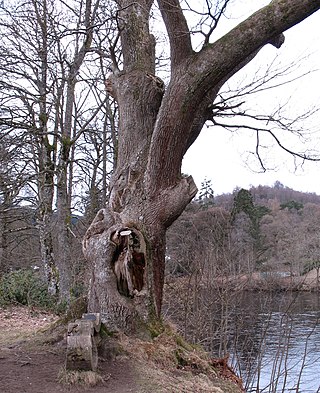Related Research Articles
James, Jimmy or Jim Black may refer to:

Sir James Shand was a Scottish musician who played traditional Scottish dance music on the accordion. His signature tune was "The Bluebell Polka".

Niel Gow was a Scottish fiddler in the eighteenth and nineteenth centuries.
Nathaniel Gow was a Scottish musician who was the fourth son of Niel Gow, and a celebrated performer, composer and arranger of tunes, songs and other pieces on his own right. He wrote about 200 compositions including the popular "Caller Herrin'".
Alan Gow is a Scottish former footballer. As a player he played as either a striker or an attacking midfielder. He is currently under-18s manager of Airdrieonians.

The Fair Maid of Perth is an 1828 novel by Sir Walter Scott, one of the Waverley novels. Inspired by the strange, but historically true, story of the Battle of the North Inch, it is set in Perth and other parts of Scotland around 1400.
Gerald Gow was a footballer who played for Bristol City in the 1970s, making 375 appearances for them in The Football League.
Gow is a Scottish surname. The name is derived from the Gaelic gobha, meaning 'smith'. The name is represented in Scottish Gaelic as Gobha.
The 1971–72 British Home Championship was the first such Home Nations football tournament, to suffer during The Troubles in Northern Ireland, when death threats from the Provisional Irish Republican Army were sent to the Scottish Football Association and Scottish players who were scheduled to play at Windsor Park. The surge in anti-British feeling which prompted these threats followed Bloody Sunday in January, and also resulted in the cancellation of the rugby union 1972 Five Nations Championship. As a result, Northern Ireland's home fixture was rescheduled to Hampden Park, effectively granting the Scottish team an extra home match. This was not the last time that The Troubles would interfere with the Home Championship; the 1981 British Home Championship would have to be abandoned following similar heightened tension after the death of Bobby Sands.

Gordon Castle is a country house located near Fochabers in the parish of Bellie in Moray, Scotland. It was the principal seat of the Dukes of Gordon and was originally called Bog-of-Gight. The six-storey medieval tower dates from 1498 and in the late 18th century it was incorporated into the centre of a huge Neoclassical house. The castle was used as a military hospital during the First World War, and in 1954 all but the central tower and the east wing pavilion were demolished due to dry rot.
Donald Robertson Gow was a Scottish footballer who played for Rangers, Sunderland and the Scottish national football team as a full back.
General Sir James Michael Gow, was a senior British Army officer who served in the Second World War and reached high office in the 1980s, commanding the British Army of the Rhine.
John Dewar was a Scottish businessman from Perth who founded the John Dewar & Sons Scotch whisky distillery in 1846.
Events from the year 1952 in Scotland.
John Gow (1698–1725) was a Scottish pirate.
John Robertson Gow was a Scottish footballer who played as an outside forward.

Niel Gow's Oak is a 300-year-old tree near Dunkeld and Birnam, Perth and Kinross, Scotland. It is closely associated with the Scottish fiddler and composer Niel Gow, who lived in nearby Inver. Gow is said to have composed many of his most famous tunes whilst sitting beneath the oak. The connection is commemorated by a plaque and engraved bench. The tree has been entered into the Scottish and European Tree of the Year competitions. The tree was badly damaged by storms in 2011 and 2012.
Robert Smellie was a Scottish footballer who played as a left back.
References
- ↑ Name: Gow, John James, QPFC.com
- ↑ Paul Smith (2013). Scotland Who's Who: International Players 1872–2013. Pitch Publishing. p. 107.